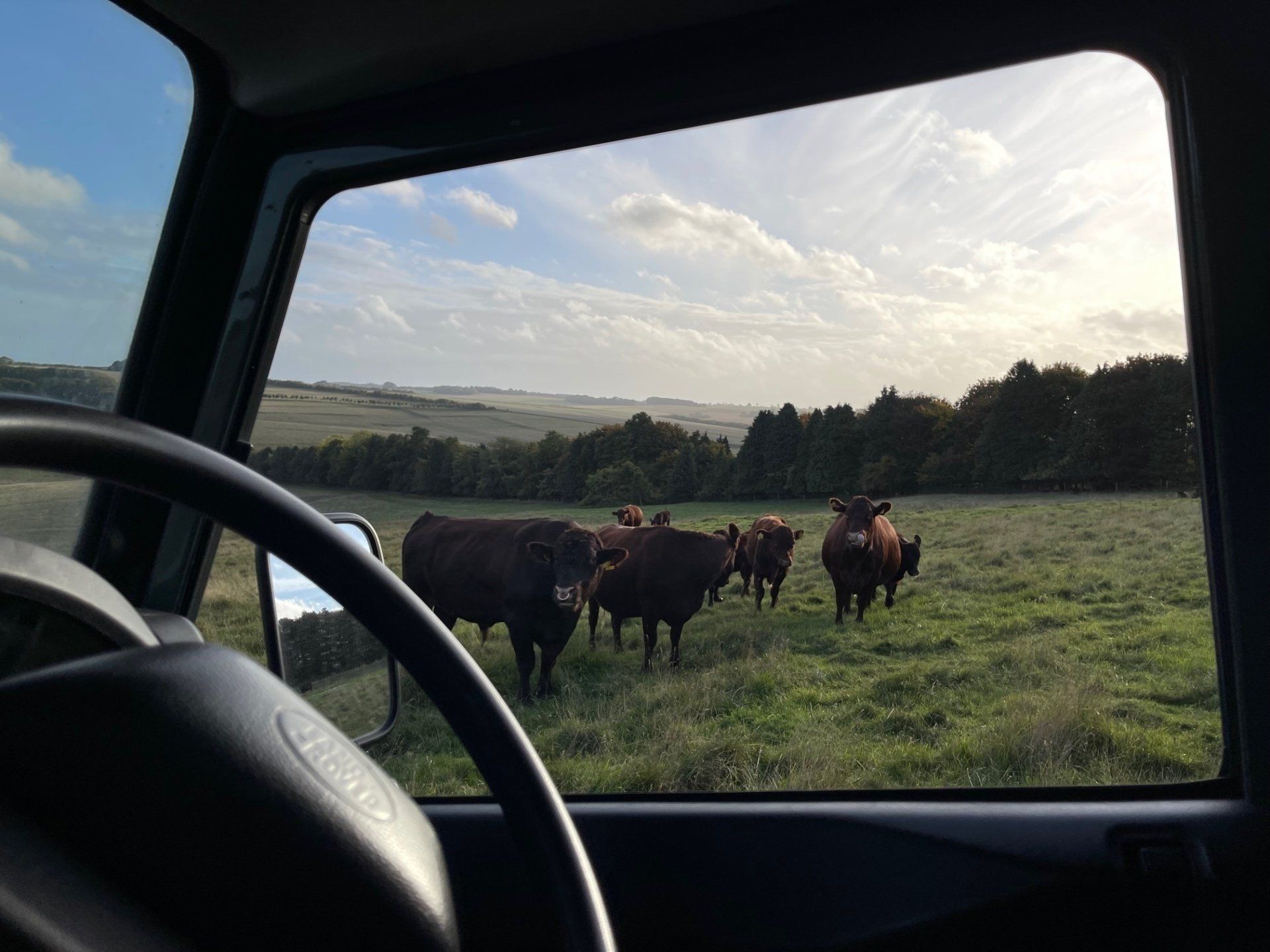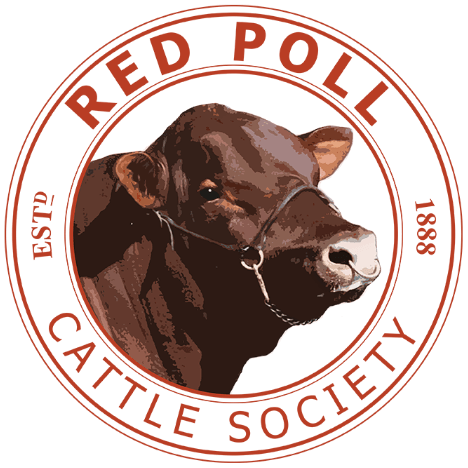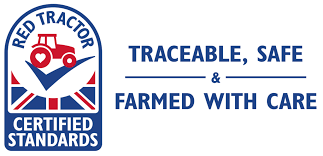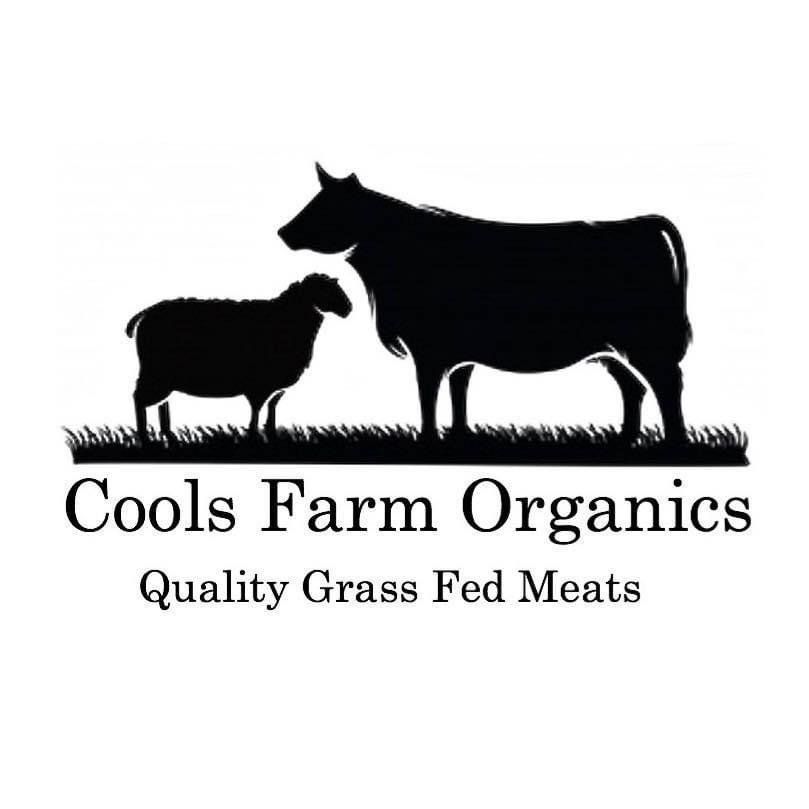Regenerative Agriculture: What does it mean?
Regenerative agriculture is a conservational approach to farming systems, increasing sustainability, focusing on topsoil regeneration, increasing biodiversity, improving carbon sequestration, encouraging ecosystems and protecting our native flora and fauna.
All aiding the fight against climate change.
Regenerative Agriculture. Fuelling our Desire to Farm Sustainably.
Sustainable & Regenerative Farming
We believe that we farm better when we work with nature. This is why we take a regenerative approach to farming, which means we promote plant and soil health through biodiversity and the balance of natural systems. Certified Organic with the Soil Association we are further inspired by permaculture and biodynamics. We bring all these ideas together to create a farm that has a positive regenerative effect on our land and our local environment.
As we practice regenerative agriculture, we manage our livestock for the benefit of our soil. Healthier soil means healthier animals, and the ability to sequester carbon underground. All of our grassland is a permanent pasture. We don't disturb any soil, so the Grasslands can absorb carbon dioxide during growth and store it in different tissues. Our Holistic grazing patterns ensure that our pastures have an adequate rest time, we work on “the third rule” a third grazed, a third trampled and a third left. Our livestock graze an extensive range of grassland including herbal leys, wildflower rich meadows and Pertwood's ancient downland. The animals that are housed during winter have organic hay and haylage that is only sourced from our own pastures. We compost all of our organic animal waste and utilise our muck from winter housing and spread it back on our fields improving soil structure and organic matter.
70% of our pasture at Cools Farm is in Higher Tier Countryside Stewardship, mainly for the protection of our wildflower rich meadows, letting them go to seed and regenerate for the following year, we purposefully don't graze nor cut these fields for forage from mid-May to mid-July to allow the flora and fauna to pollinate, this is where our bees become very special to us.
The Red Poll are an English Heritage Rare Breed, they thrive in low-input, extensive systems like ours at Cools, they are the perfect cow for our style of farming. With animals fattening at 28 months on a 100% grass-fed diet our beef is known for its incredible flavour and marbling, quite often referred to as the 'fine wine' of beef. Our Award-Winning herd of Red Polls are conservational graziers known as a dual purpose breed for their meat and milking abilities.
Our Exlana flock were bred by a local friend and sheep farmer, Tim White. Tim, alongside other likeminded sheep farmers developed the breed Exlana, bred with genetics in mind, a low-input, worm resistant, shedding breed. Tom, already having worked alongside Tim with the breed didn't take much convincing on the drastic swap of breed (and system). The Exlana fits in with our ethos, their natural worm resistance means the use of less anthelmintics (wormers), their shedding ability means they put less energy into growing that big fleece you see on traditional breeds as she reallocates that energy to be productive elsewhere. Shedding also means we don't tail dock as the likelihood of cases of fly-strike drops dramatically and they use their long tail to swish away any flies. This all leads to lower labour requirements.
Exlana, Sheep Improved Genetics
We believe this is what makes our farm (and us) unique...
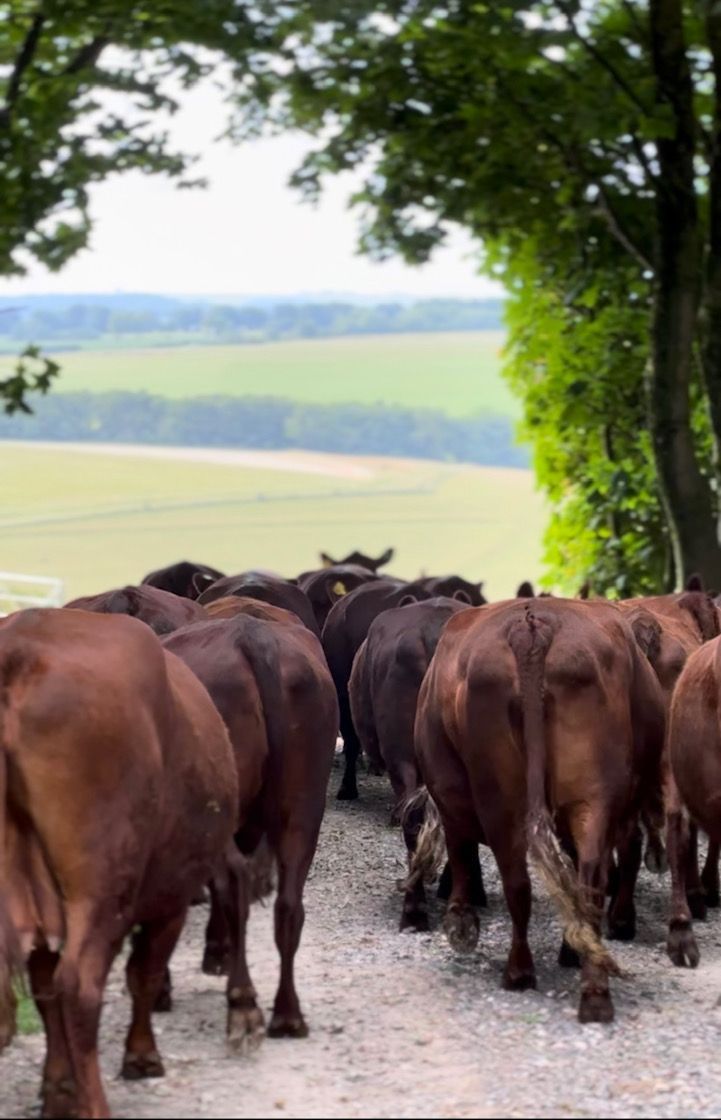
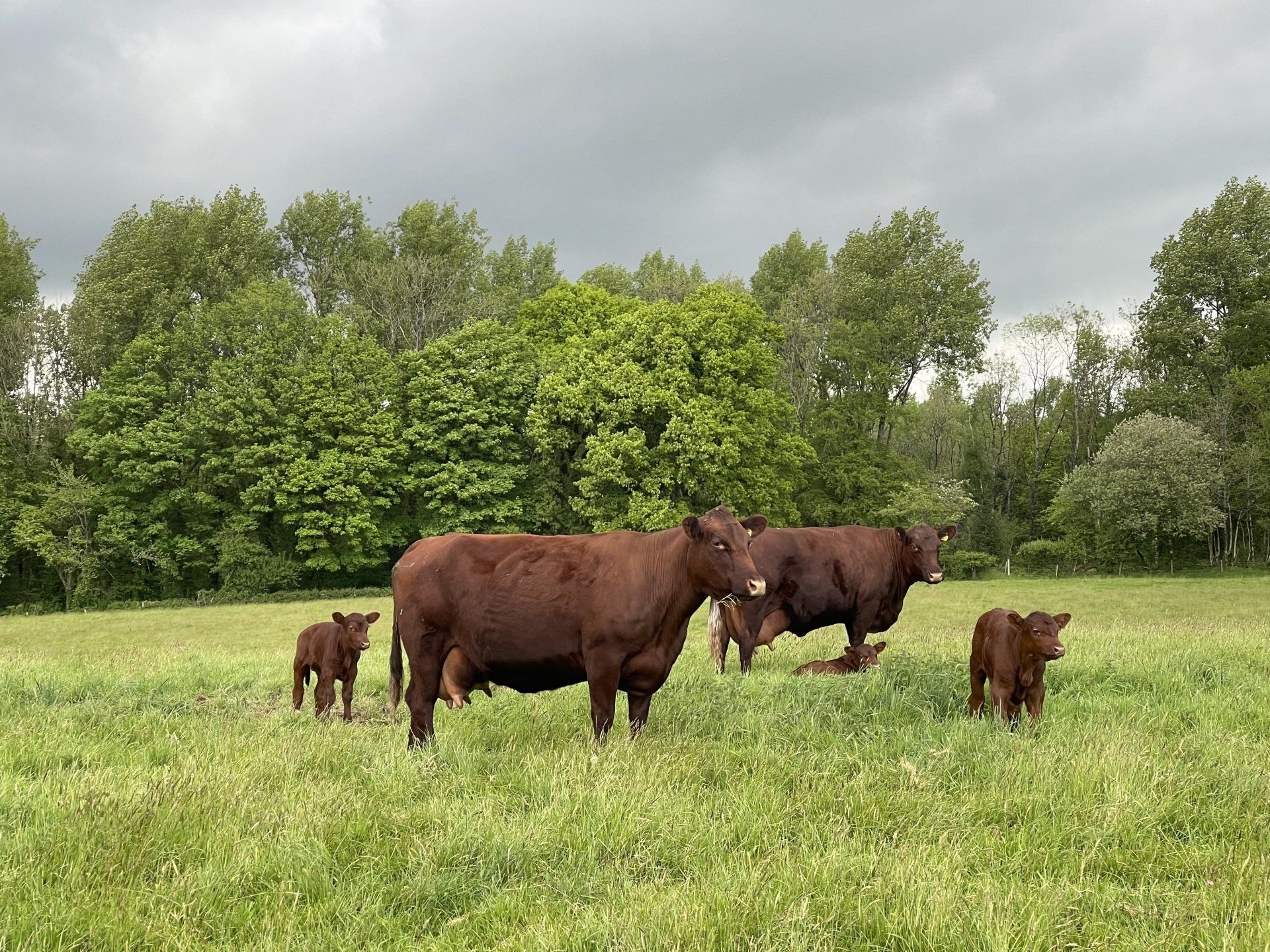
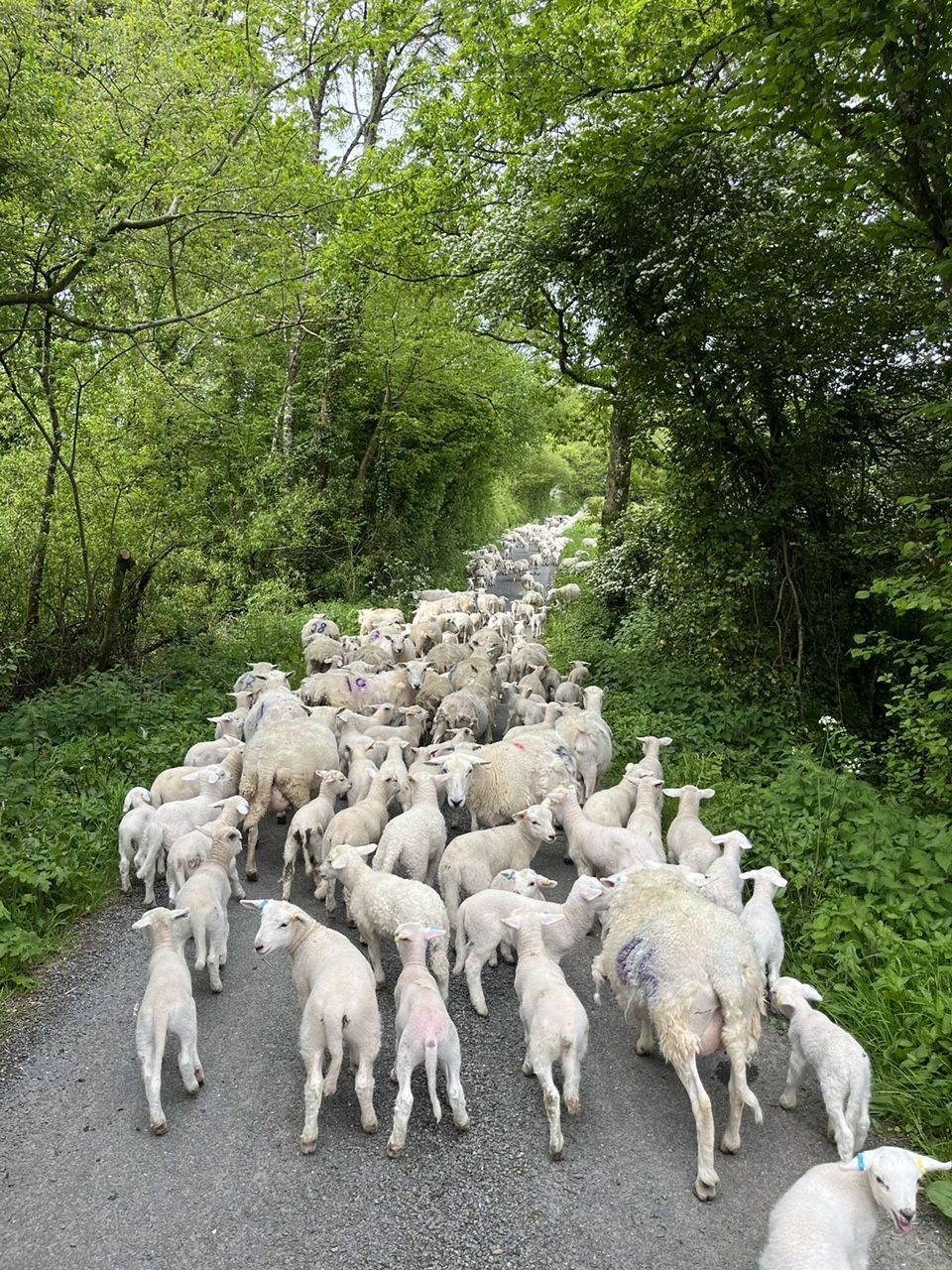
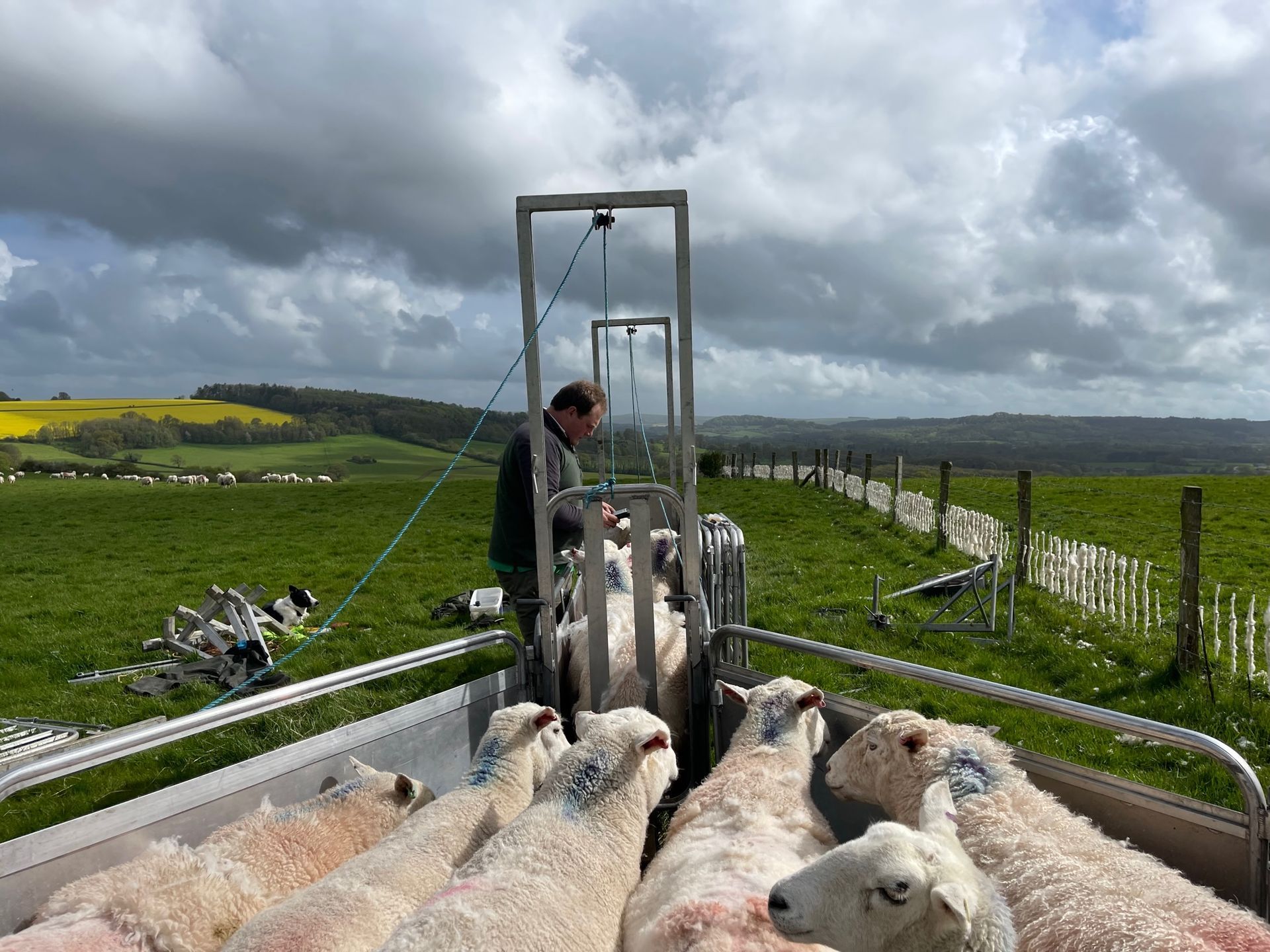
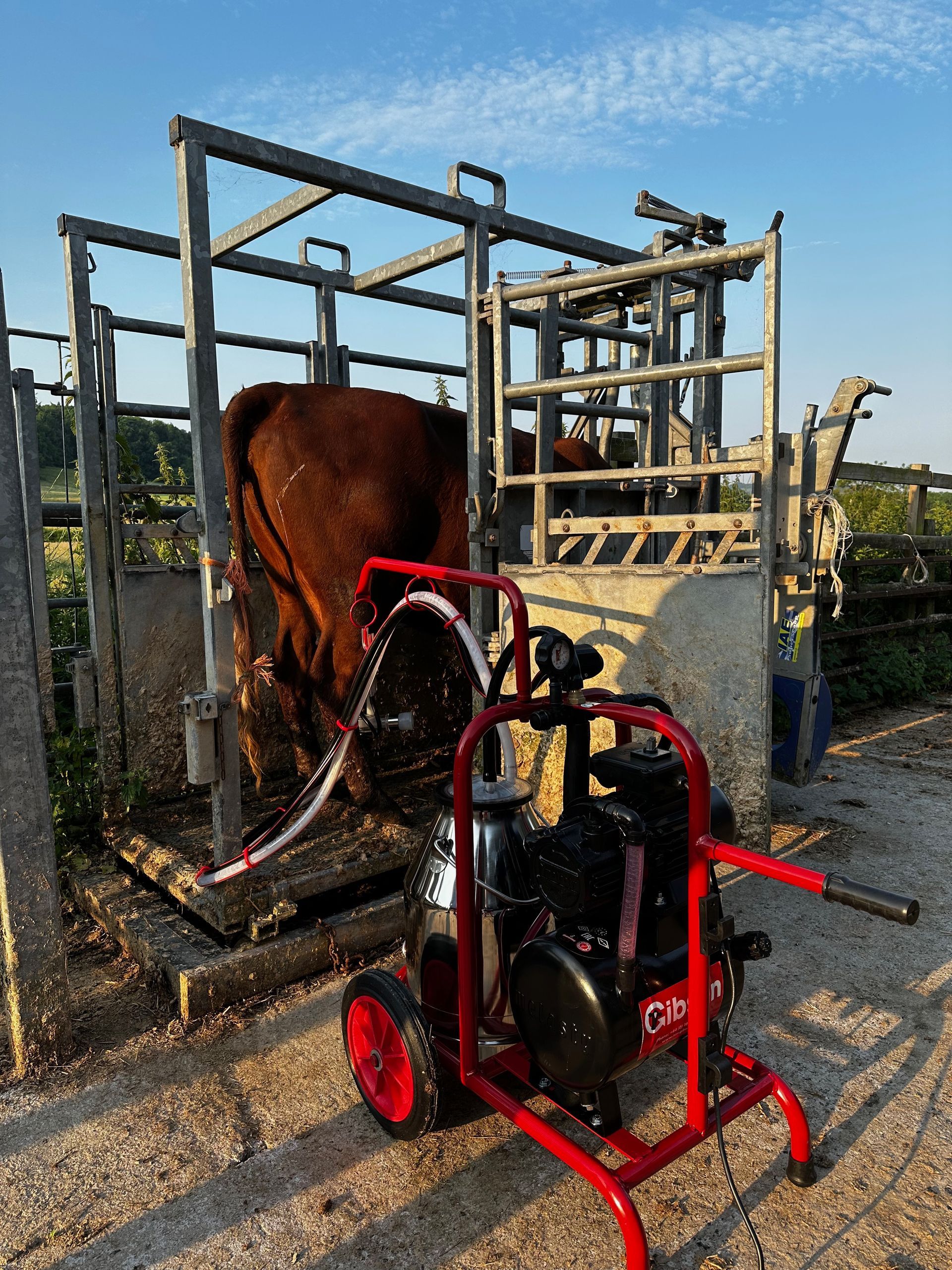
What are the environmental perks of regenerative meats?
Not only is meat that comes from regenerative agricultural practices better to eat, it’s also better for the environment than beef and lamb from any other source..
- Aids the fight of climate change
- Cuts down on pollutants, Carbon Dioxide & Nitrous Oxide
- Grows new, healthy topsoil
- Provides more nutrients to grasses
- Reduces runoff and helps clean bodies of water
- Rebalances ecosystems and protects beneficial insects.
